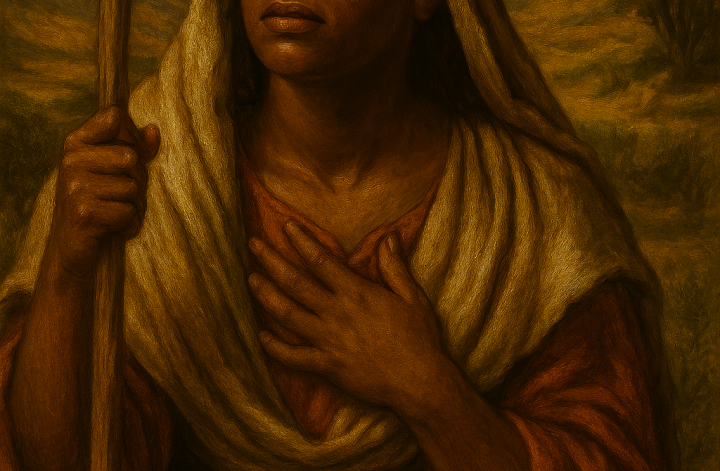Abraham is a significant figure in Judaism, including the form that has evolved into the mutated form we know today as Christianity. The gospel of Jesus was first preached to Abraham as God sovereignly chose to set his redemption plans in motion through Abraham. Generations of Bible readers have also noted the atypical commitment of Abraham to perform what God required of him in the Aqedah story. This story raises many moral questions, as we discussed elsewhere. These points, along with many others, including Abraham’s mention in the “Hall of Faith” chapter of the book of Hebrews, have led many in the church to downplay his not-quite godly episodes. One of such episodes is how he treated Hagar.

